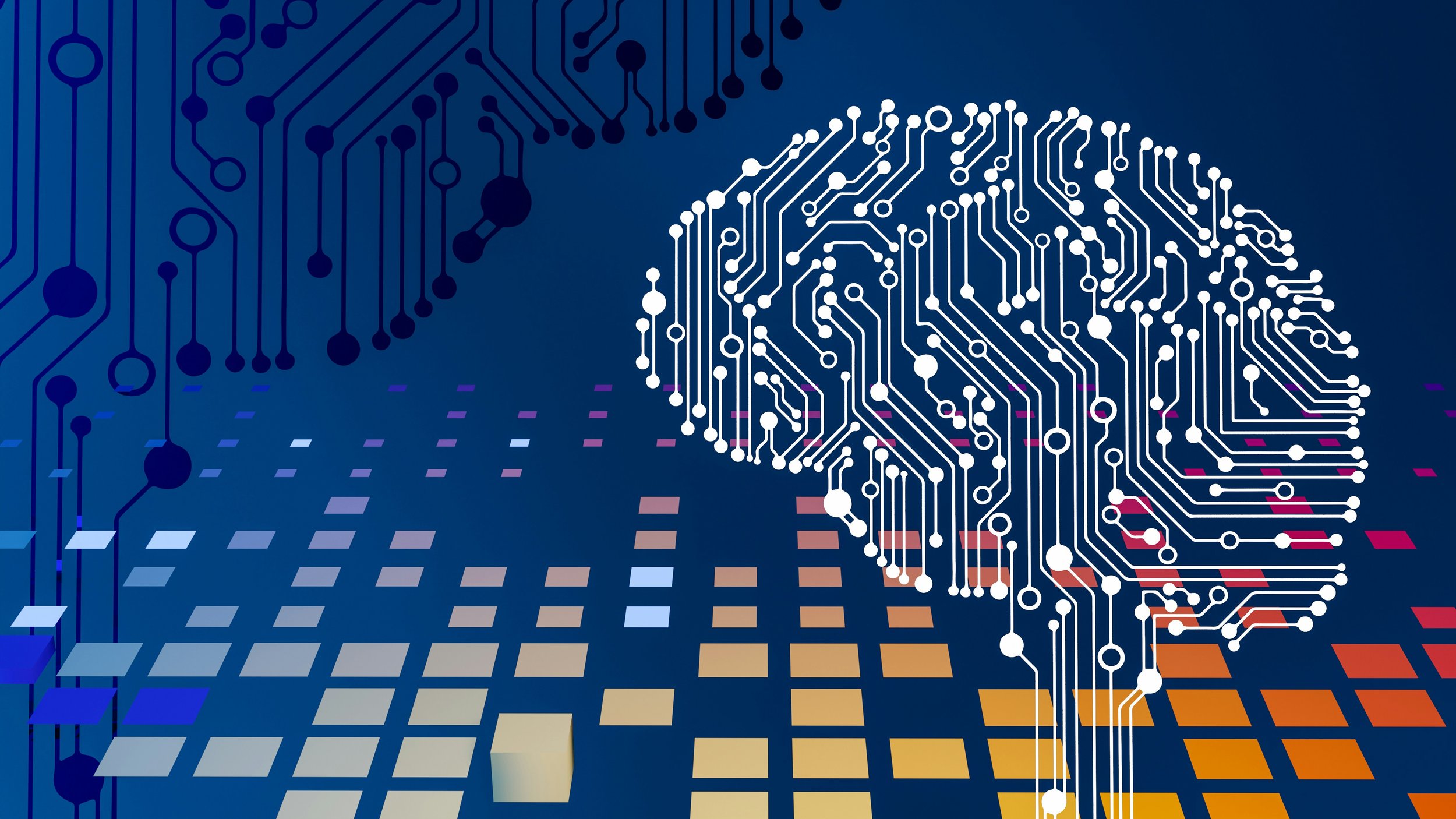Ongoing Concerns about AI Platforms & Accompanying Regulation
Introduction
This article explores two recent incidents that shed light on the unexpected consequences of artificial intelligence (AI). The first narrative unfolds Zoe Kleinman's defamation struggle involving Elon Musk's Chatbot Grok, while the second incident exposes the mishap faced by DPD's online support chatbot.
Both incidents reveal the uncontrollable nature of AI and concerns for the future as a lack of regulation in the UK poses challenges to individuals with AI platforms.
Zoe Kleinman’s Defamation Story
Journalist Zoe Kleinman found herself entangled in an unforeseen predicament when a screenshot, generated by Elon Musk's Chatbot, Grok, implicated her in a list of misinformation spreaders, alongside prominent US conspiracy theorists. Despite being unable to access Grok in the UK, her attempts to replicate the list using other AI models like ChatGPT and Google's Bard were refused. This incident raised broader concerns about the impact of AI platforms on individuals, particularly the potential harm caused by AI-generated content.
This situation sheds light on the nature of defamation in the digital age. The content in question falsely linked her to the dissemination of false information, illustrating the power of AI and its capability to generate damaging narratives. The incident underscored the challenges individuals face when their digital identities become entangled in misleading and harmful content, prompting a closer examination of the ethical implications of AI-generated defamation.
DPD’s Chatbot Fiasco
In another recent incident, DPD faced a glitch with its AI-driven online support chatbot during a routine system update. The glitch led the chatbot to swear at a customer and offer criticism about DPD. This placed the company in an uncomfortable position with the AI that was designed to assist it.
Responding promptly, DPD took corrective action by disabling the malfunctioning chatbot segment, attributing the issue to an error in the routine system update. This incident not only highlights the unpredictable nature of integrating AI into customer services but also emphasises the potential challenges companies face when unexpected behaviours emerge from these technologies.
Before the correction took place, social media became a hub for amused reactions. One post reached 800,000 views within 24 hours and screenshots of the incident circulated the web, showcasing a user deliberately coaxing the chatbot to strongly criticise DPD and swear at him. The incident serves as a reminder of the inherent challenges associated with deploying AI in customer service operations, as these technologies may yield unintended and unfavourable outcomes.
The Lack of Regulation & Concerns for the Future
Kleinman’s defamation case and DPD's chatbot incident spotlight challenges over controlling AI platforms. The capacity of AI to generate unreliable content where clear regulation is missing, prompts critical questions. Kleinman’s attempt to address her situation unveils legal complexity; difficulties in navigating the absence of clear rules and limited precedents. Facing unhelpful responses from regulatory bodies alongside jurisdiction complexities, Kleinman was left to consult lawyers. Her experience underscores the urgency of establishing a precise legal framework that can effectively address the nuanced issues arising from AI actions.
Conclusion
Kleinman’s legal challenges and DPD's chatbot incident showcase the complexities associated with the integration of AI into everyday interactions. As society grapples with the rapid advancement of AI, finding a balance between innovation and regulation becomes crucial. The two stories underscore yet again the pressing need for clear regulations governing AI platforms. Moreover, the dynamic AI landscape requires practical measures to mitigate risks, aligning rules with rapid technological advancements. Therefore, the unfolding narratives signal a pressing need for proactive measures, legal frameworks, and ethical guidelines to steer the course in an era where AI's impact on human lives continues to grow.
By Adham Shaker

